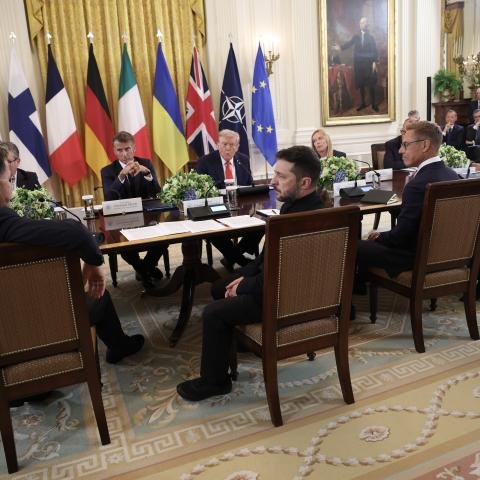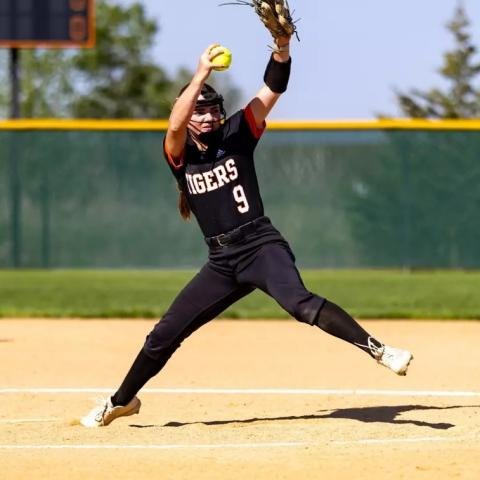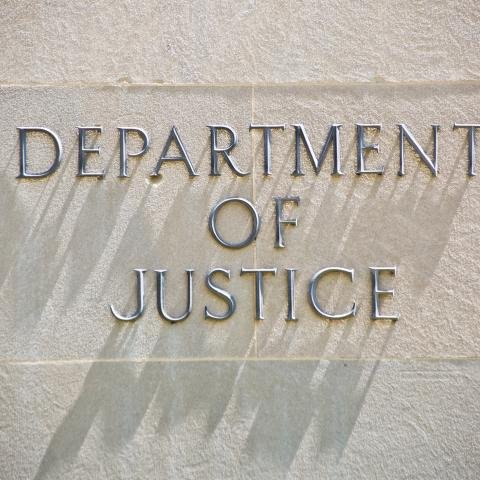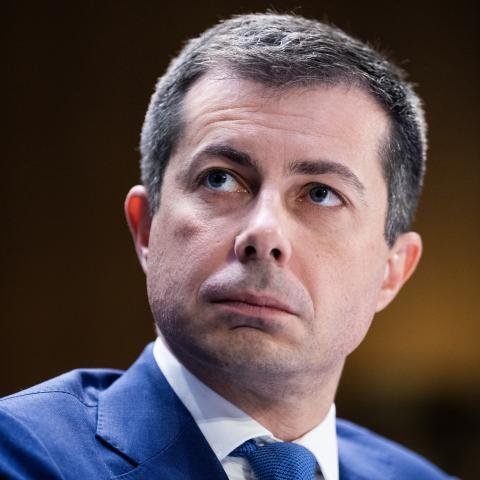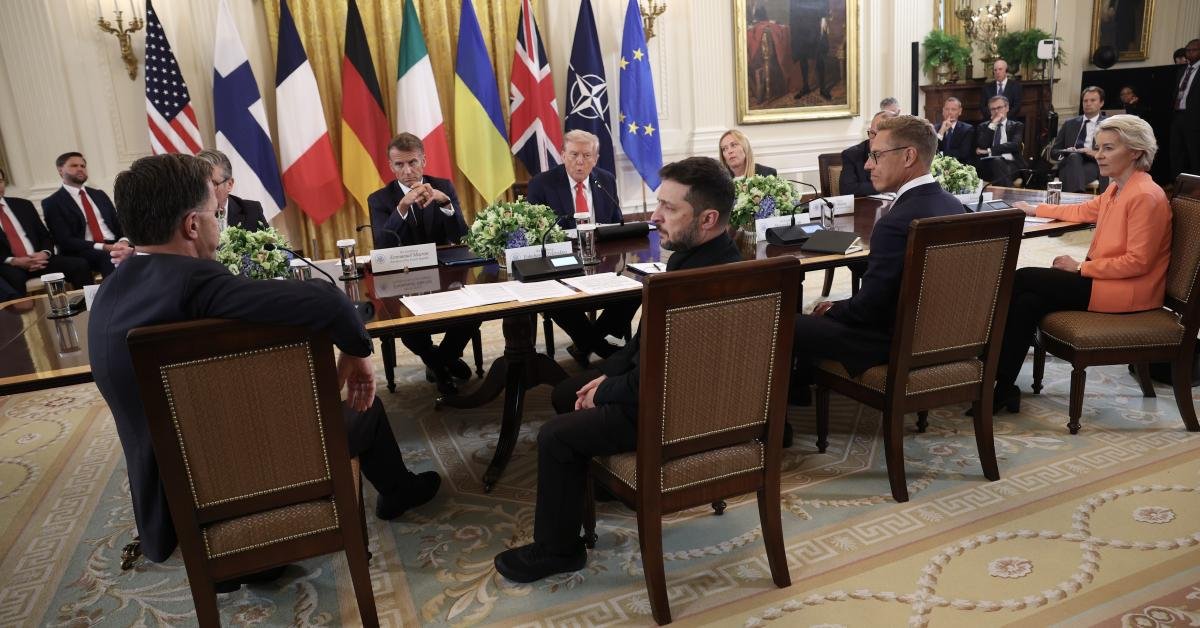
European leaders presented a united front at their White House summit last week with President Donald Trump and Ukrainian leader Volodymyr Zelensky, agreeing on the need for security guarantees for Ukraine to eventually end its war with Russia. But within days, the “coalition of the willing” began to fray over the issue of sending troops into the war region.
The discord came into full view Friday when Matteo Salvini, a chief lieutenant in the government of Italian Prime Minister Giorgia Meloni, mocked French President Emmanuel Macron for suggesting European soldiers could be deployed on the ground in Ukraine as part of a security deal.
“You go there if you want to,” said Salvini, referring to Macron. “Put your helmet on, your jacket, get your rifle, and you go to Ukraine.”
The remark reportedly resulted in France summoning Italy’s ambassador on Friday to lodge a formal complaint over Salvini’s remarks.
“The ambassador was reminded that these remarks ran counter to the climate of trust and the historical relationship between our two countries, as well as to recent bilateral developments, which have highlighted strong convergences between the two countries, particularly with regard to unwavering support for Ukraine,” a source told Reuters.
The hastily assembled White House meeting Monday included leaders of Finland, France, Germany, Italy, and the U.K., plus the head of NATO and the European Commission, in addition to Trump and Zelensky.
Afterward, it was hailed as a success for laying the groundwork for robust Ukrainian security guarantees – binding commitments from allied nations to come to Ukraine’s defense if it is attacked after a peace agreement is signed.
Trump signaled support for such guarantees, but he’s also ruled out deploying U.S. forces in Ukraine or ever allowing Ukraine to join NATO, which Ukraine has tried for years to do, in part, to seek protection from neighboring Russia, which invaded Ukraine in 2022.
Russian also opposes any European or NATO troops in Ukraine as part of any security agreement.
Meanwhile, Canadian Prime Minister Mark Carney visited Ukraine on Sunday and reportedly left open the possibility of sending ground troops to support Ukrainian defenses against Russia.
In addition to France, Britain and Estonia have openly considered the idea of sending post-war security troops to Ukraine.
Talk of allied peacekeeping troops in Ukraine has also sparked a backlash last week in Germany.
Chancellor Friedrich Merz has signaled openness to German participation in a possible peacekeeping mission in Ukraine, though emphasizing such a decision would require coordination with European partners and his own coalition.
Still, Alice Weidel, the head of the far-right Alternative for Germany (AfD) slammed Merz’s conservatives for even considering the idea, calling it “dangerous and irresponsible”.
In addition, Merz’s foreign minister, Johann Wadephul, even acknowledged sending German troops to Ukraine “would probably overwhelm us,” also according Reuters.

